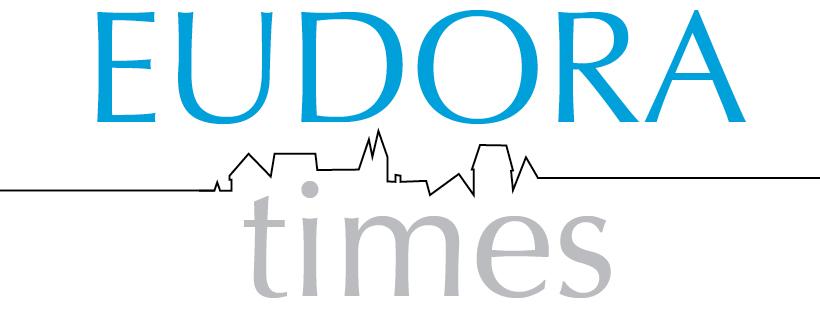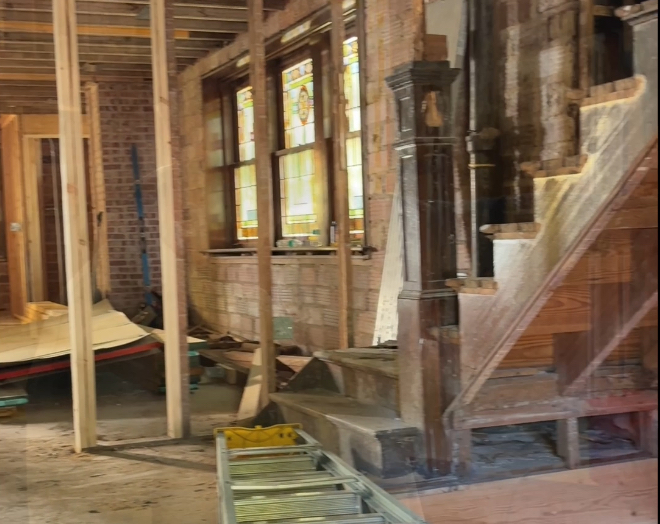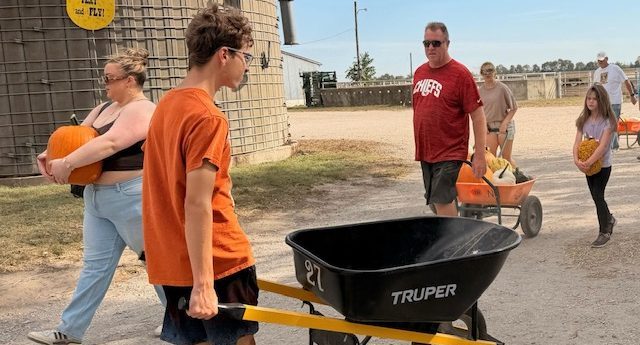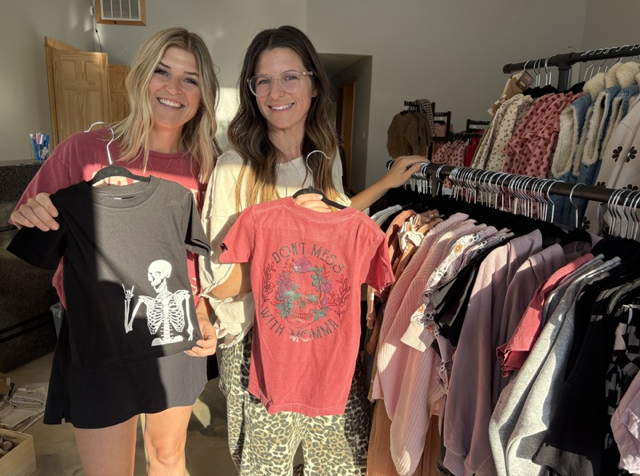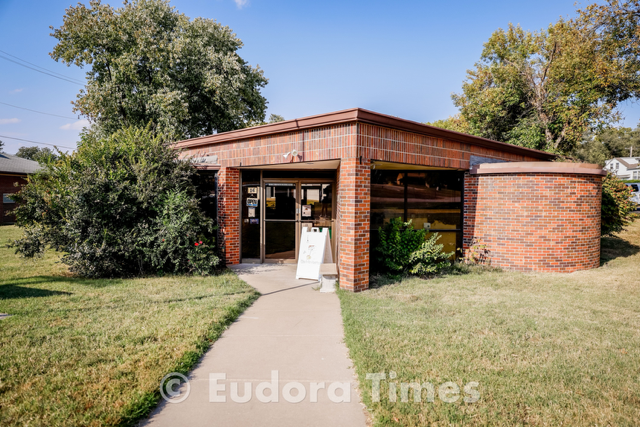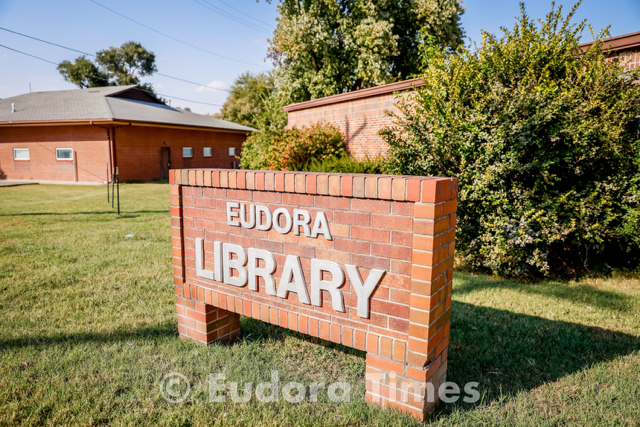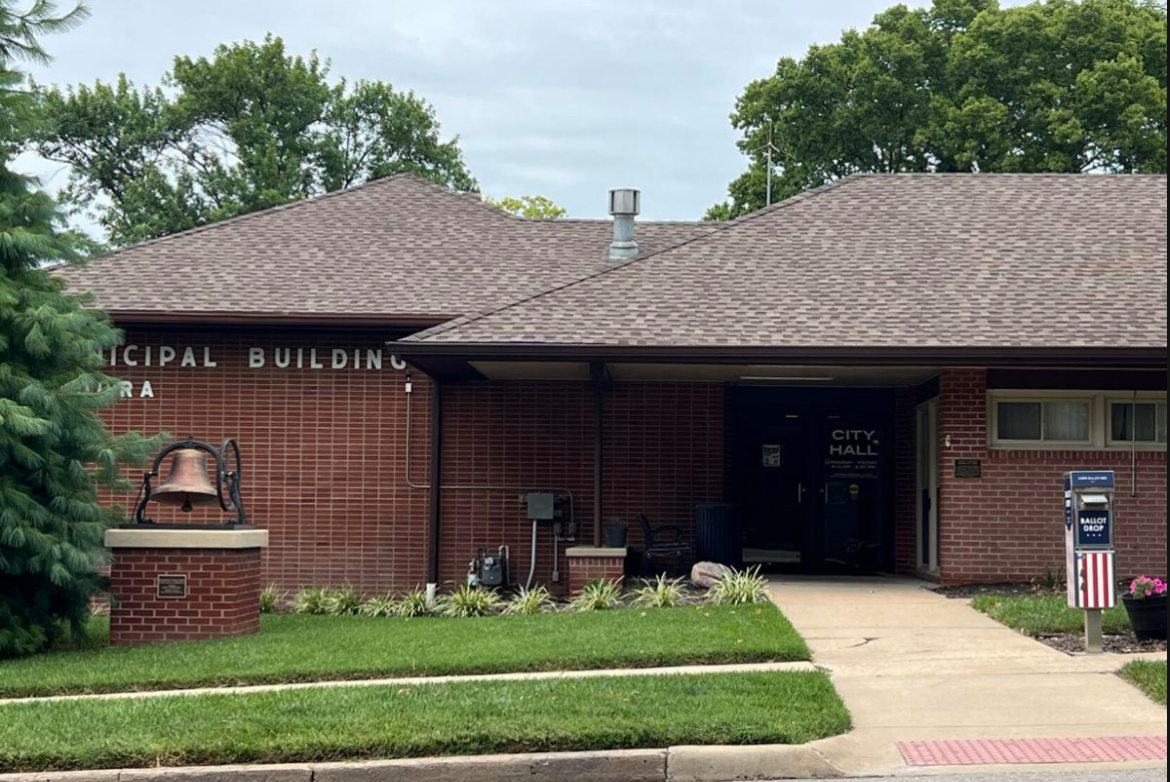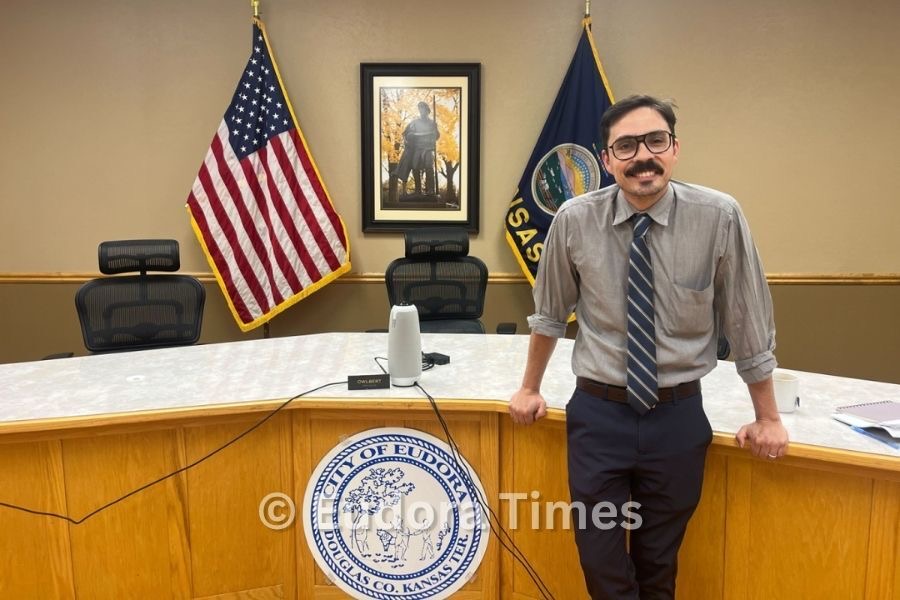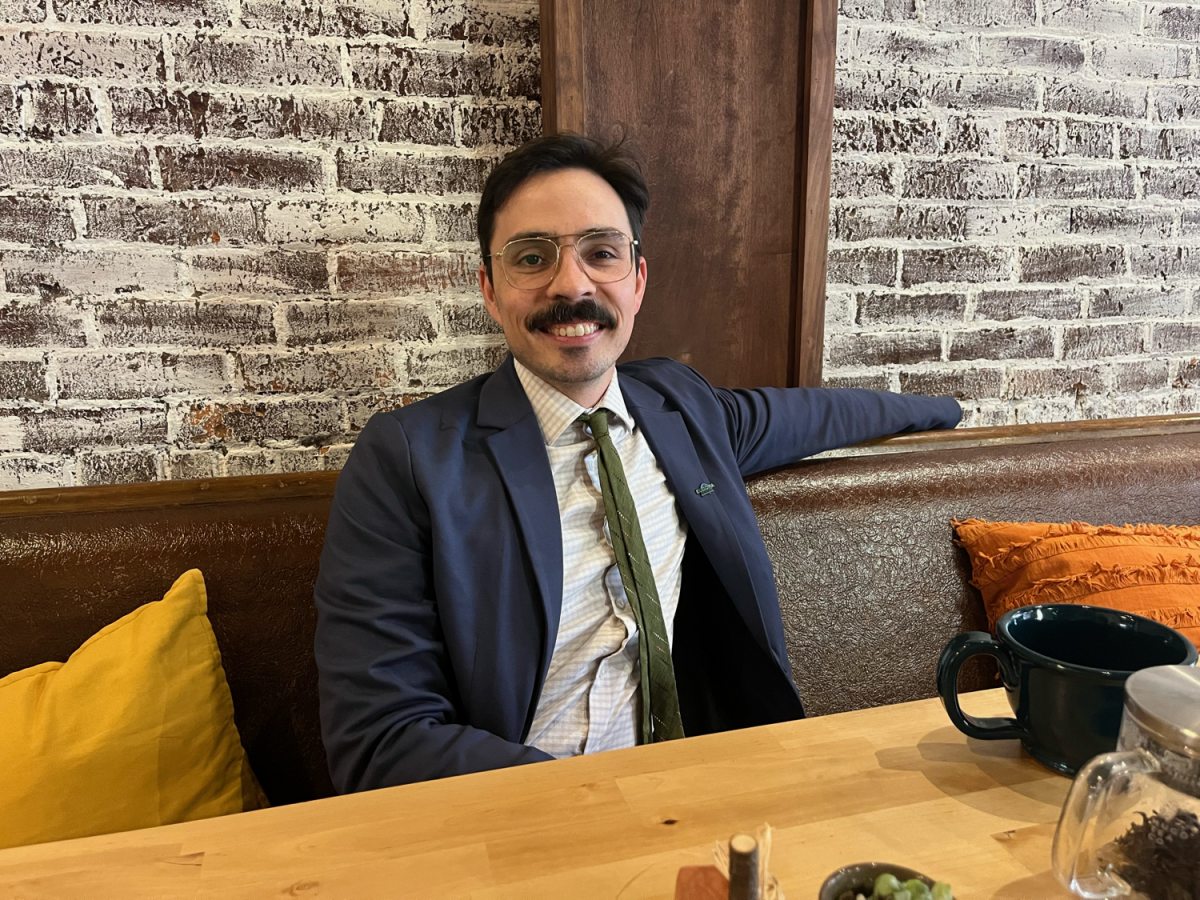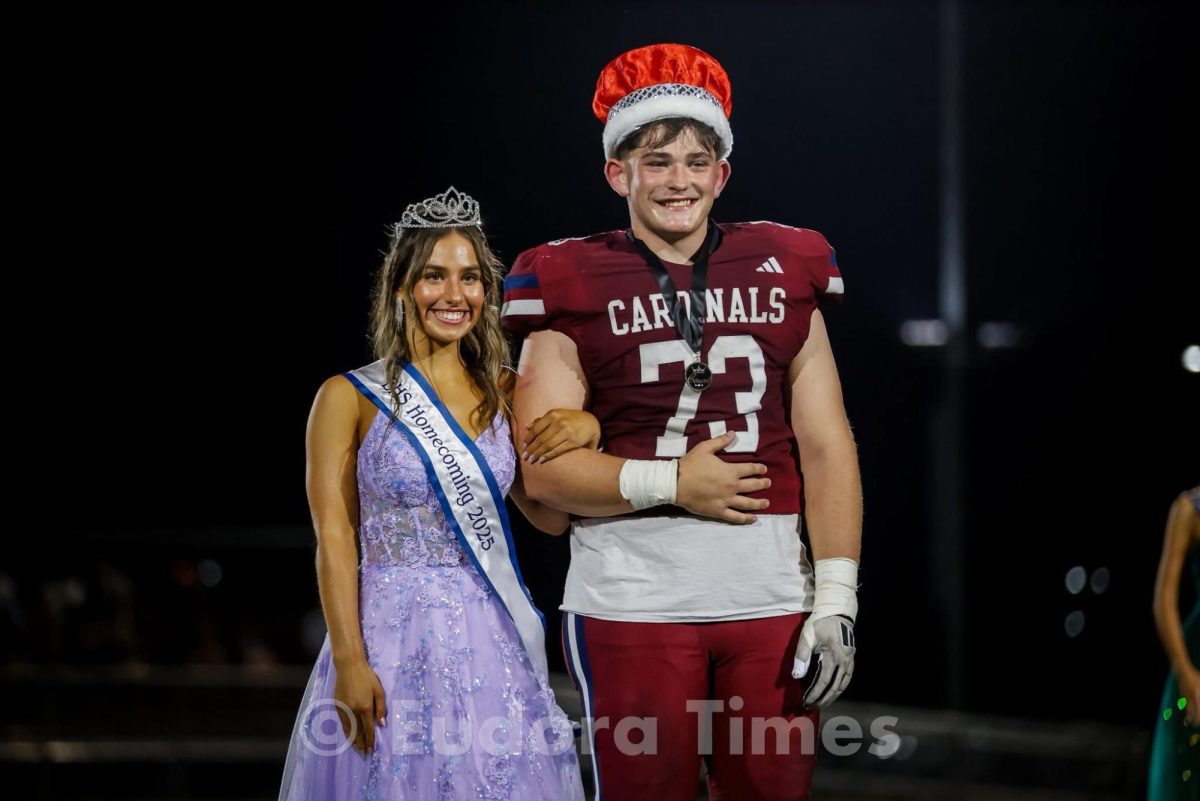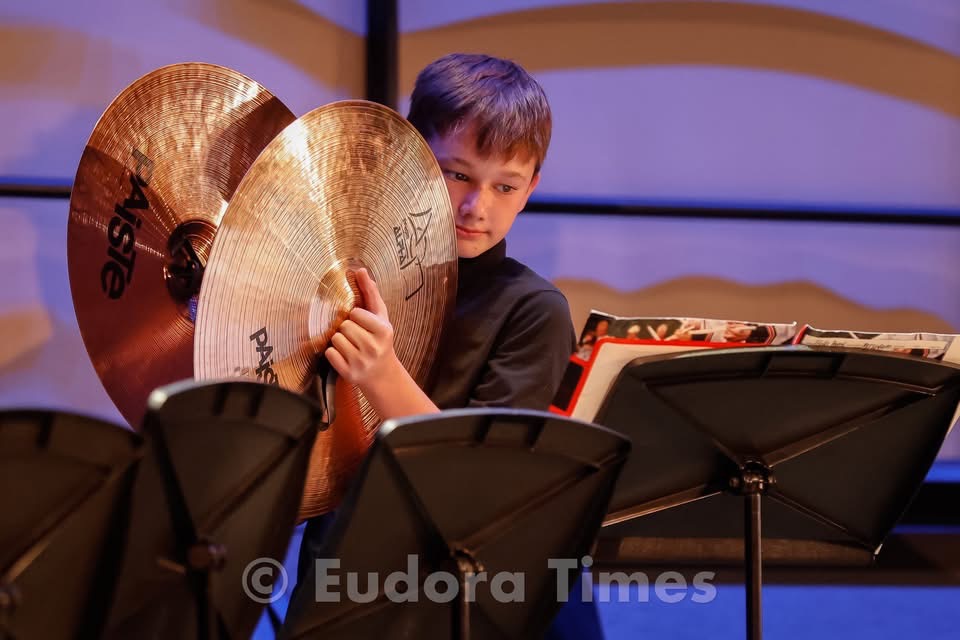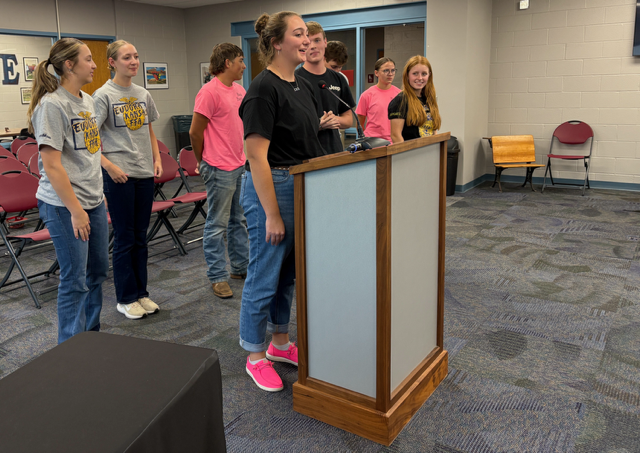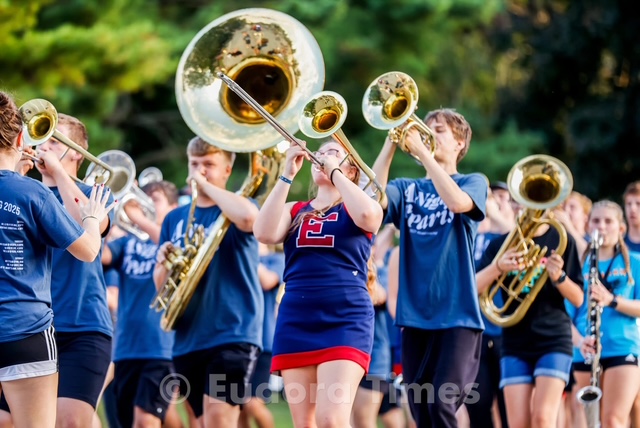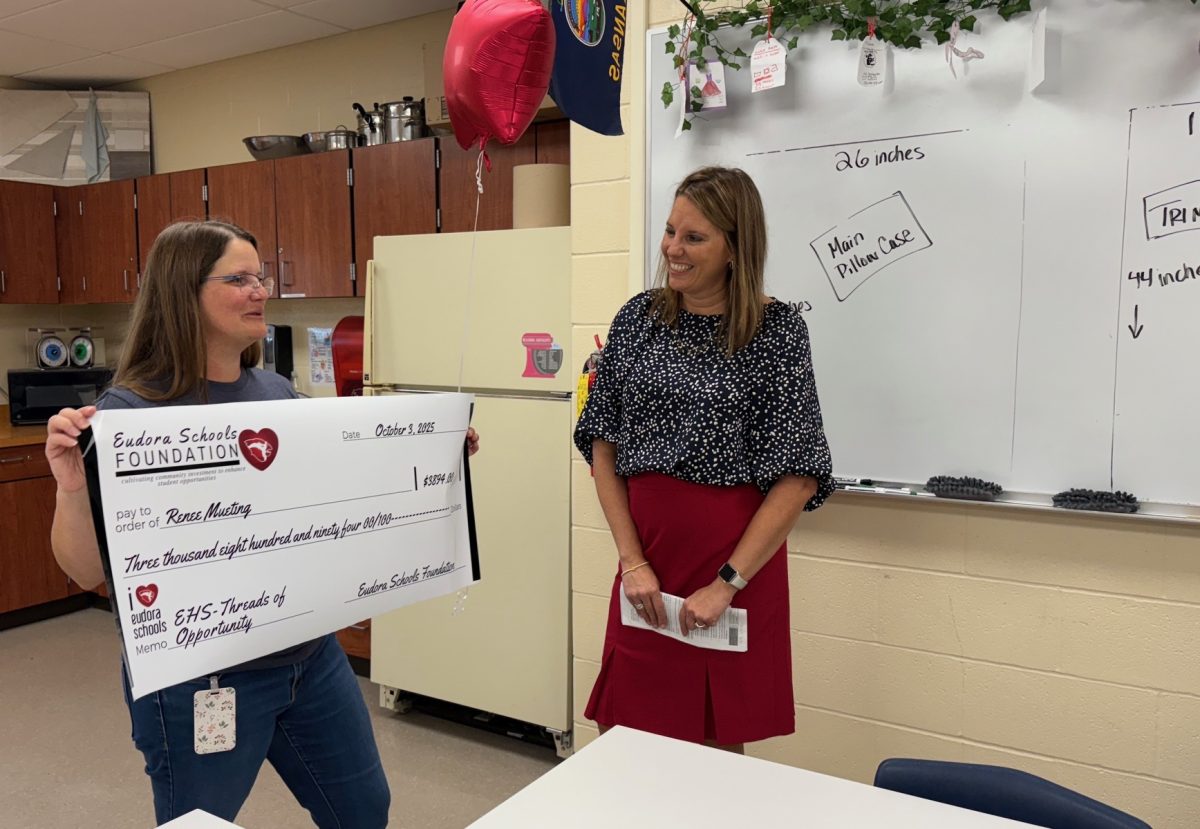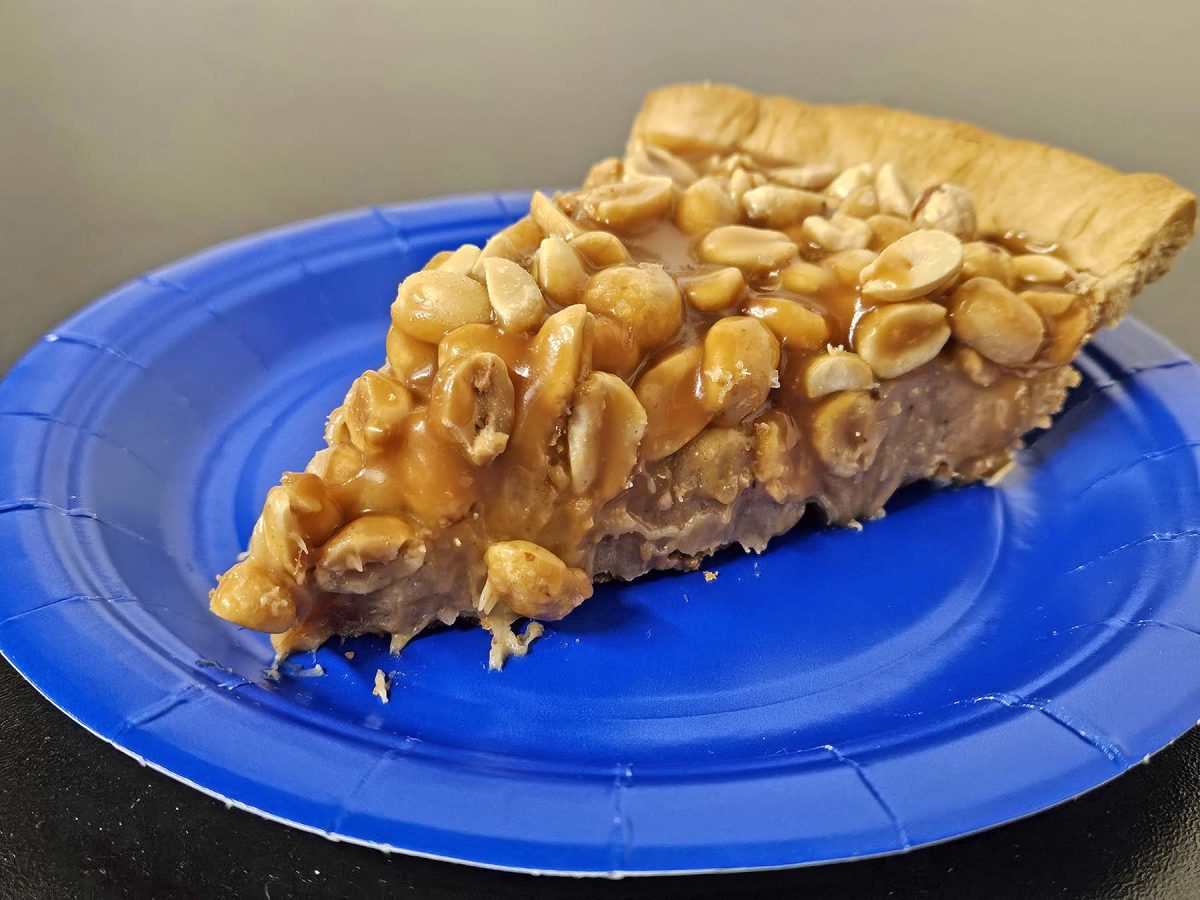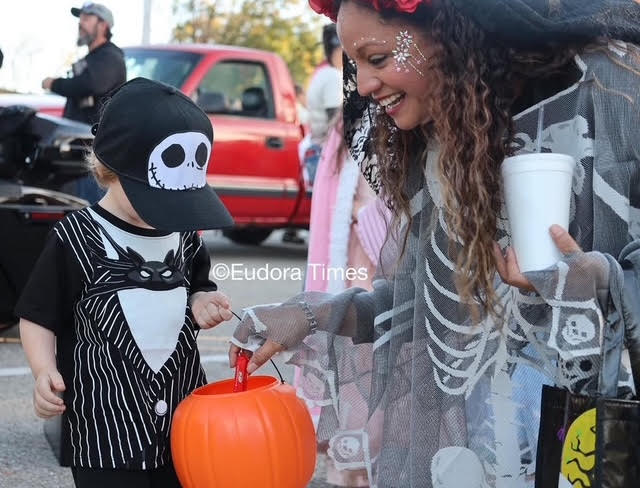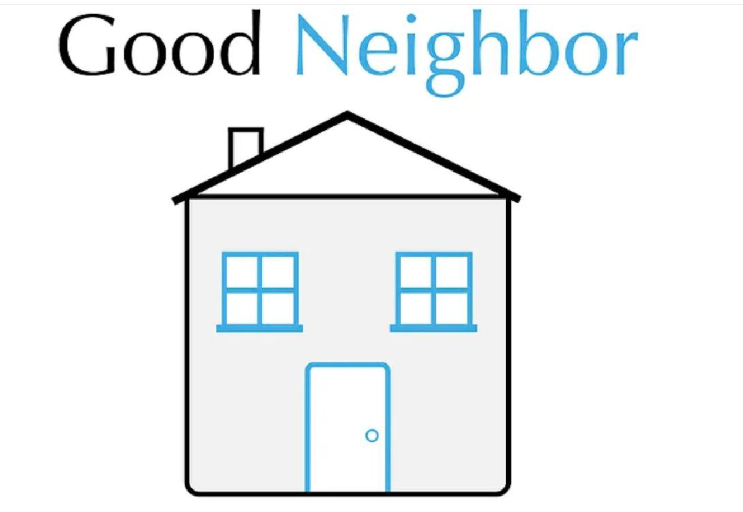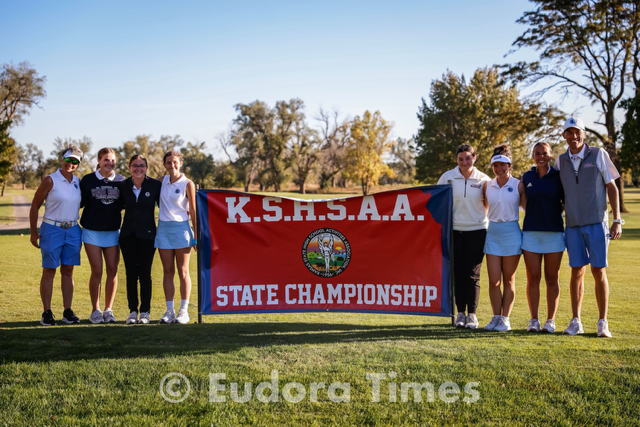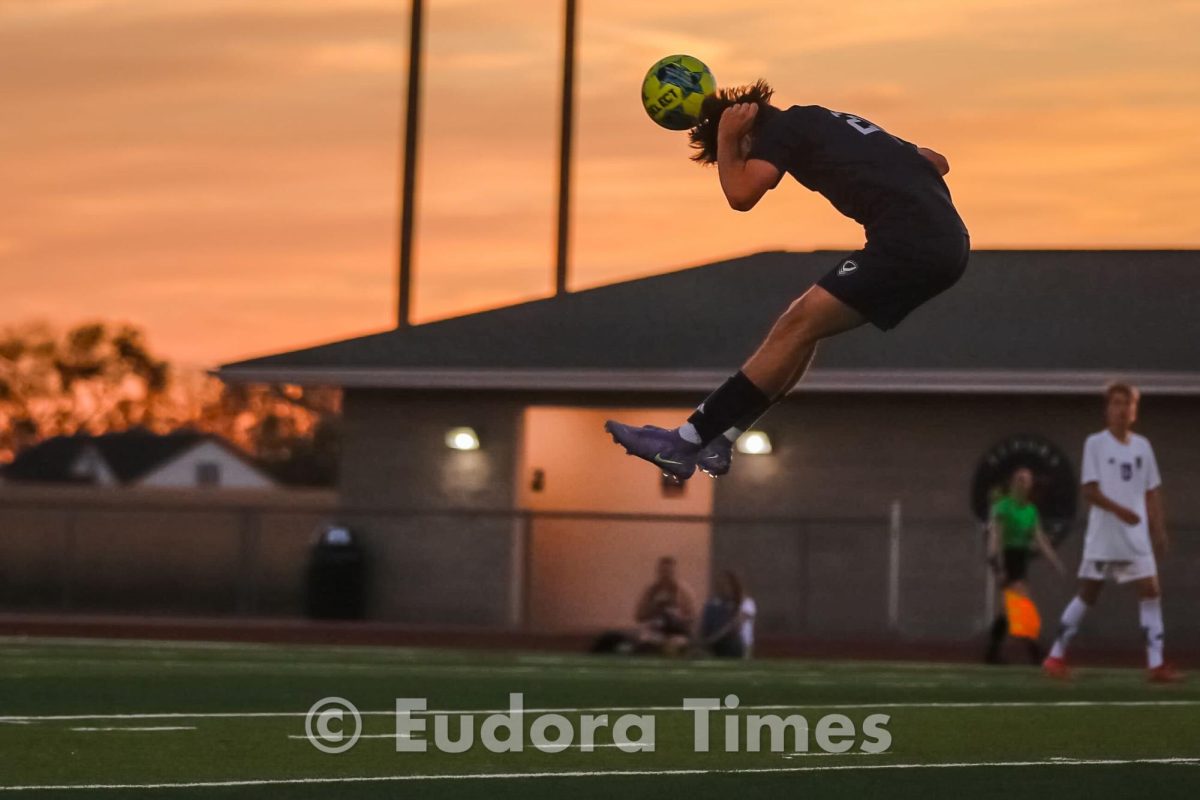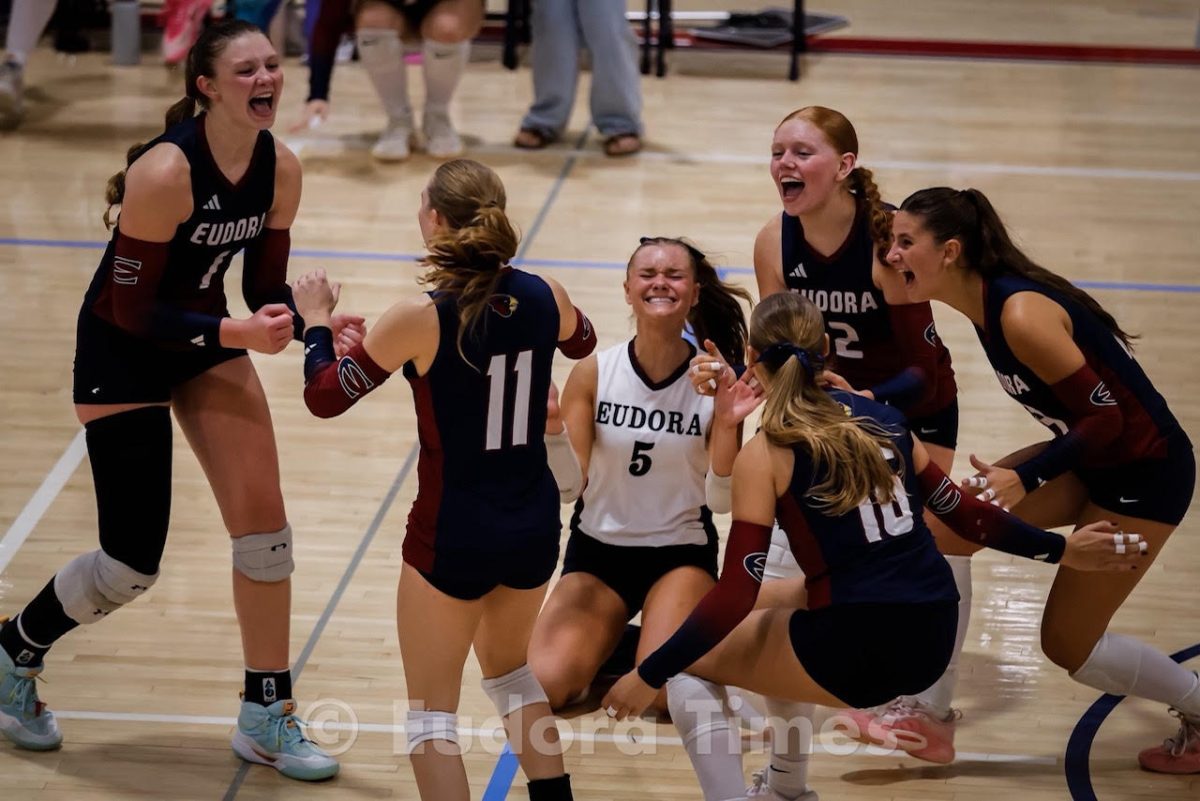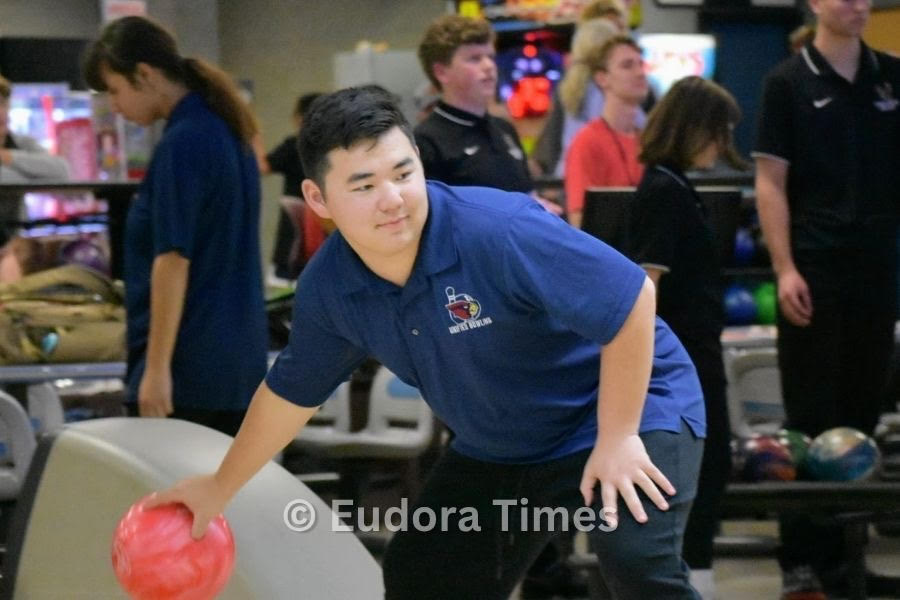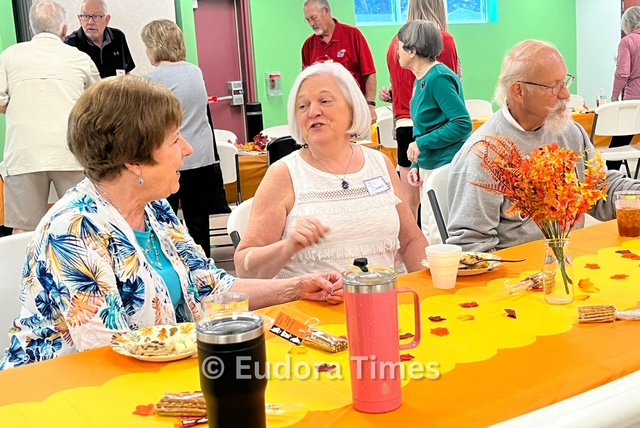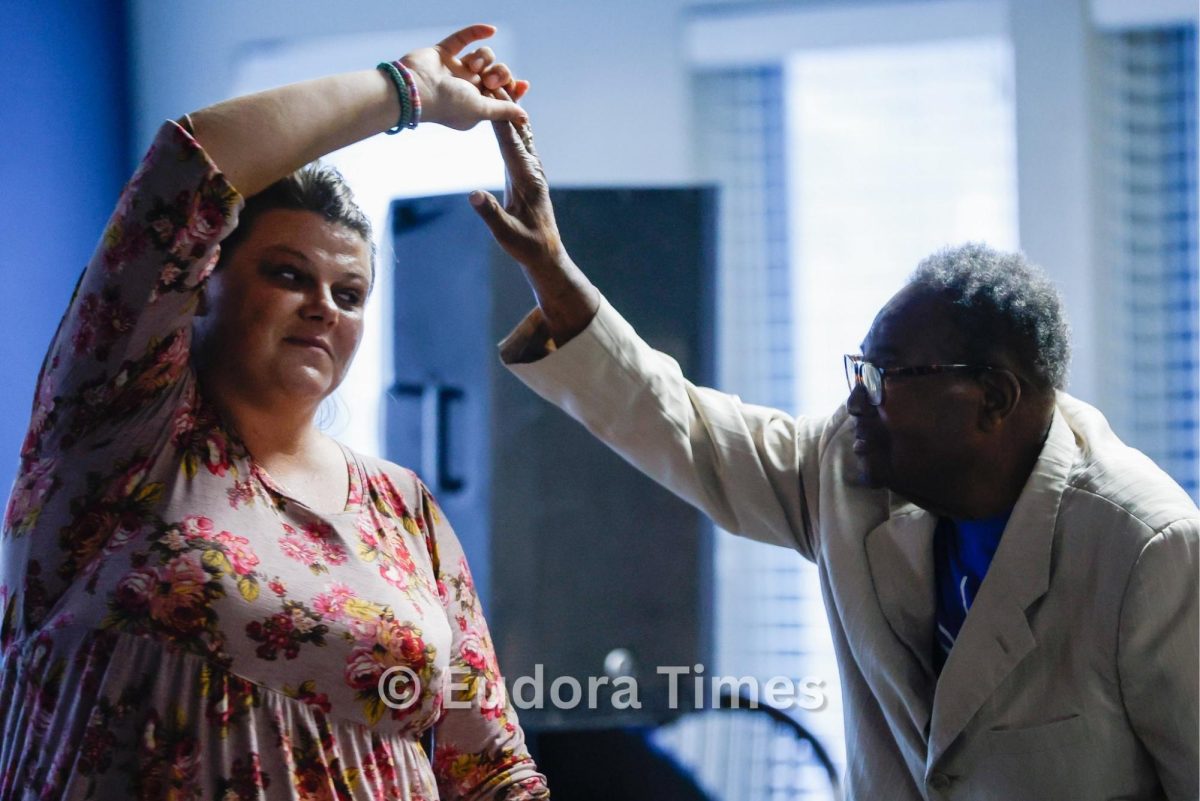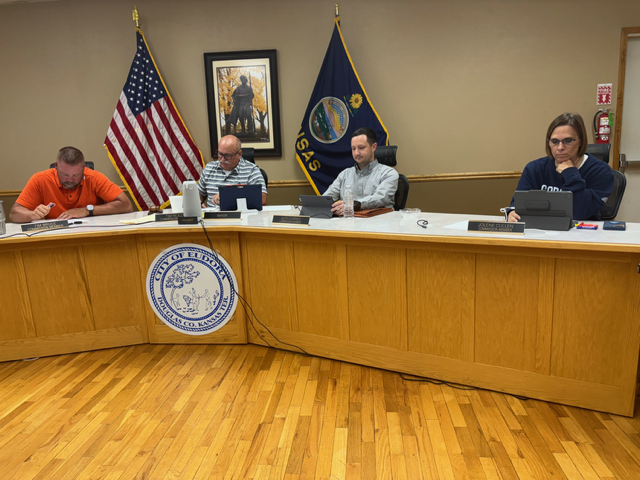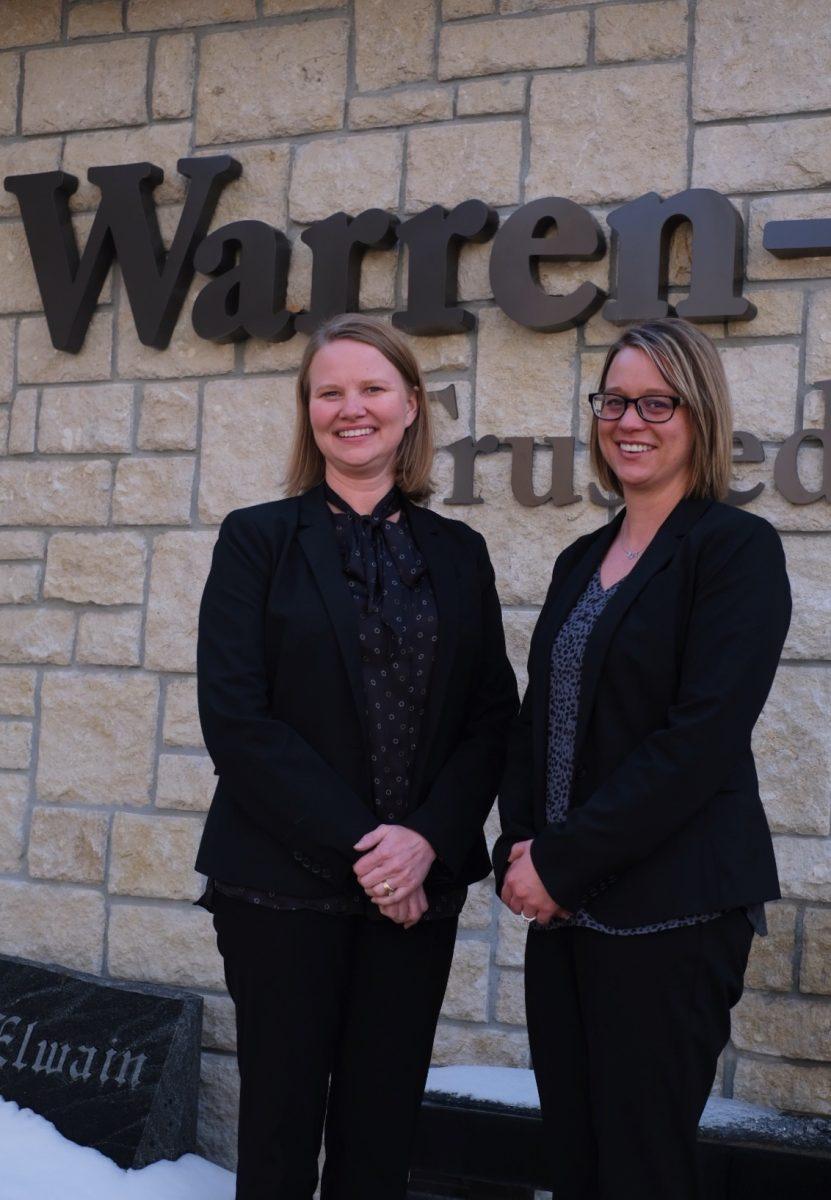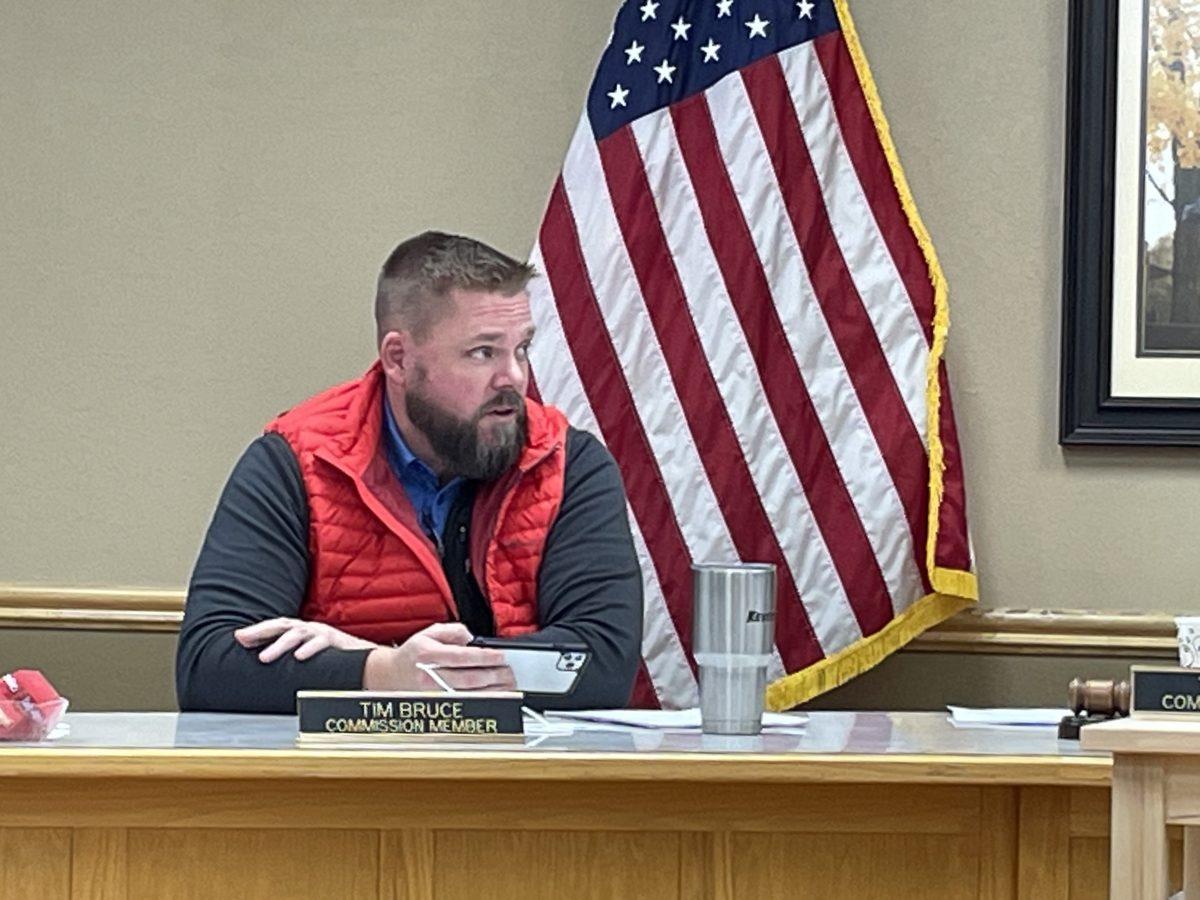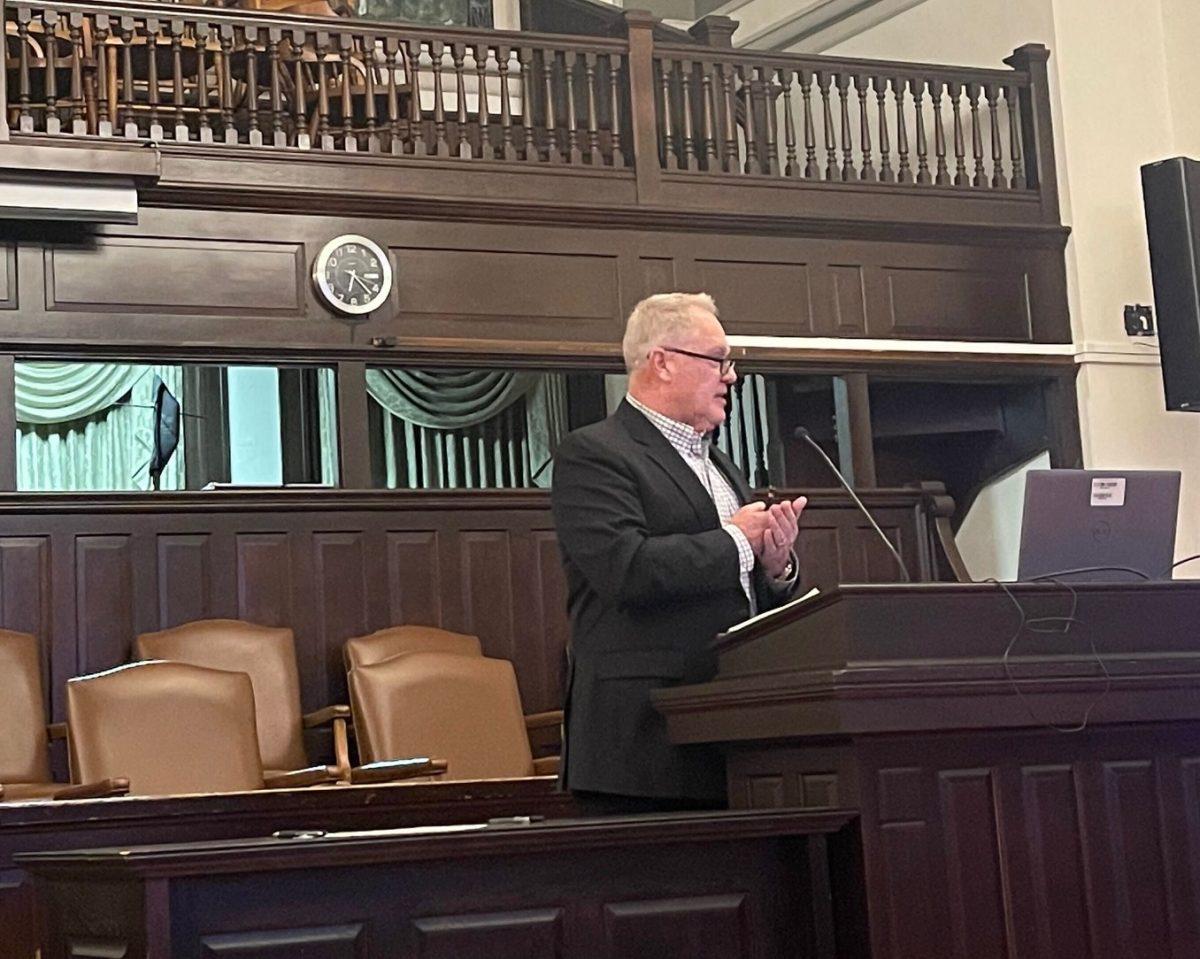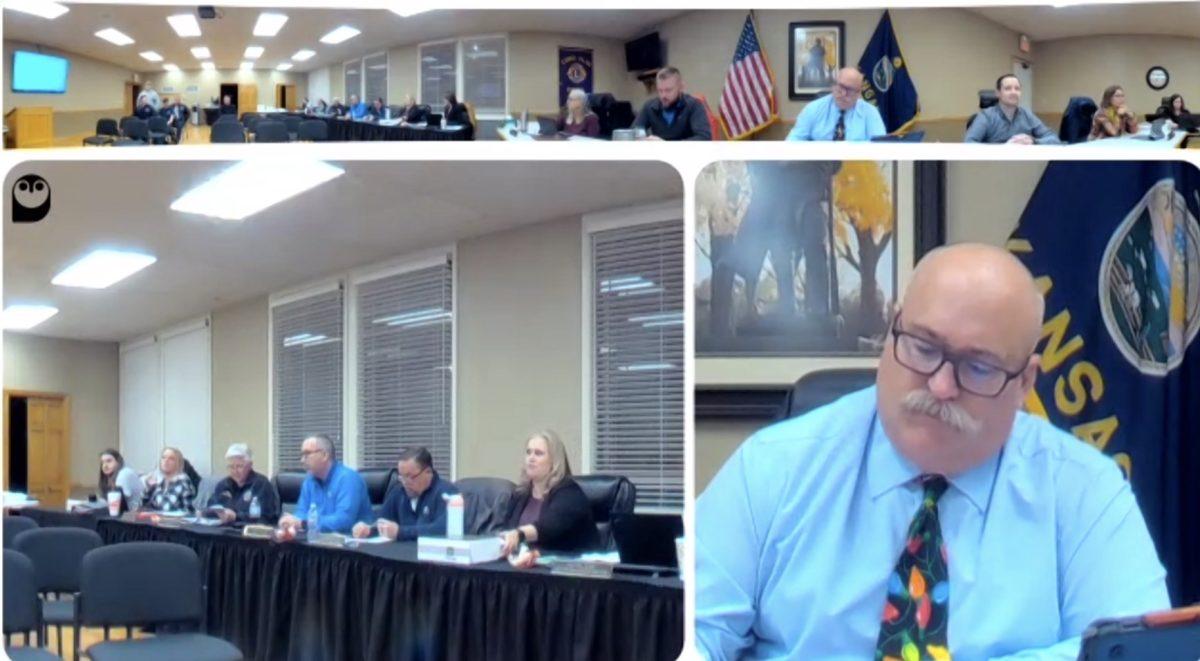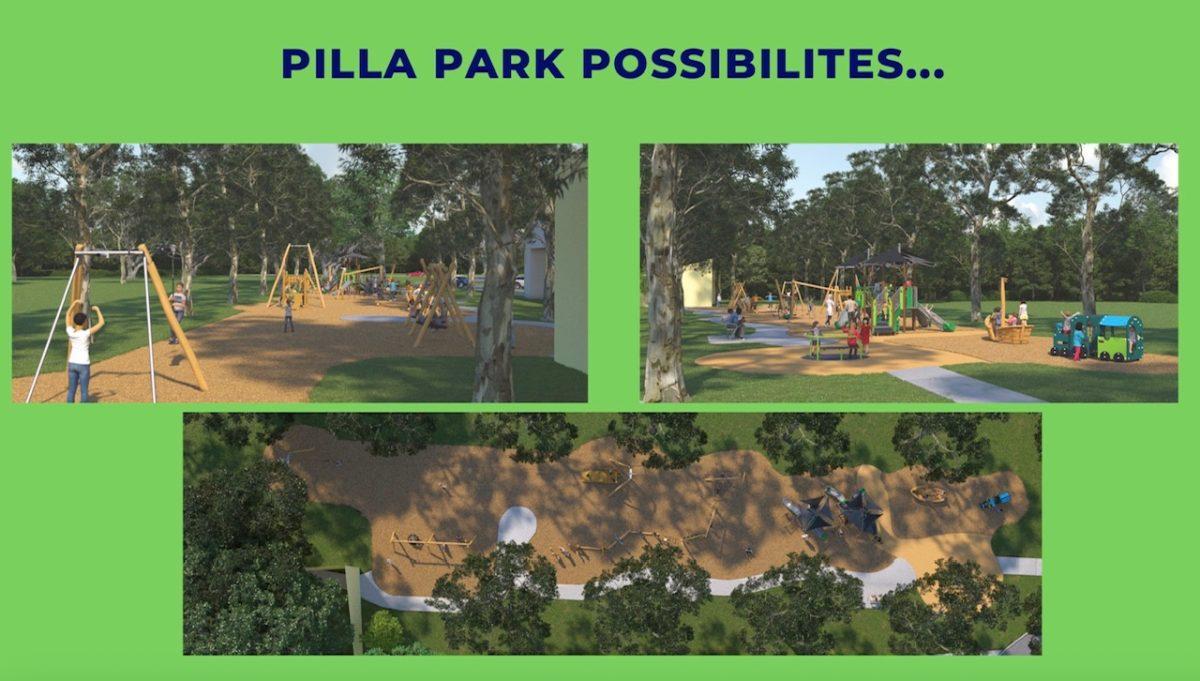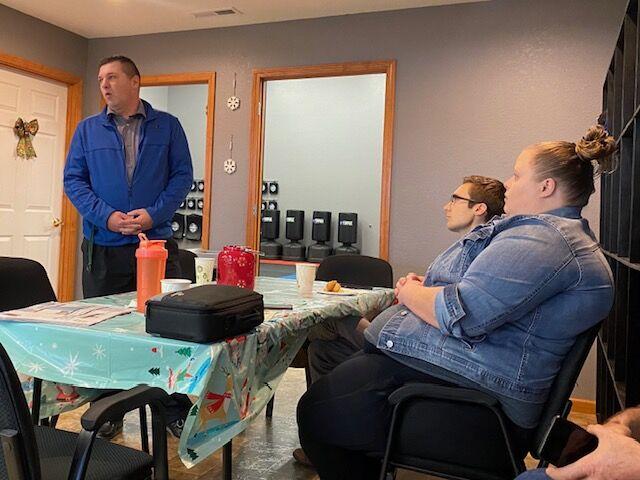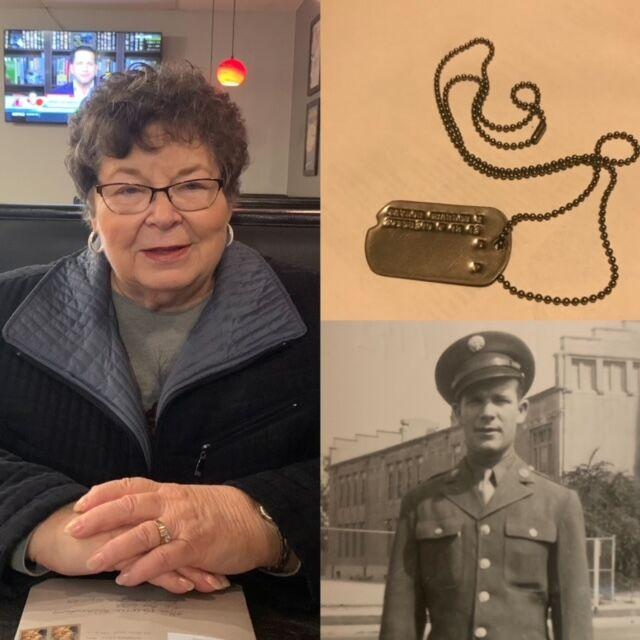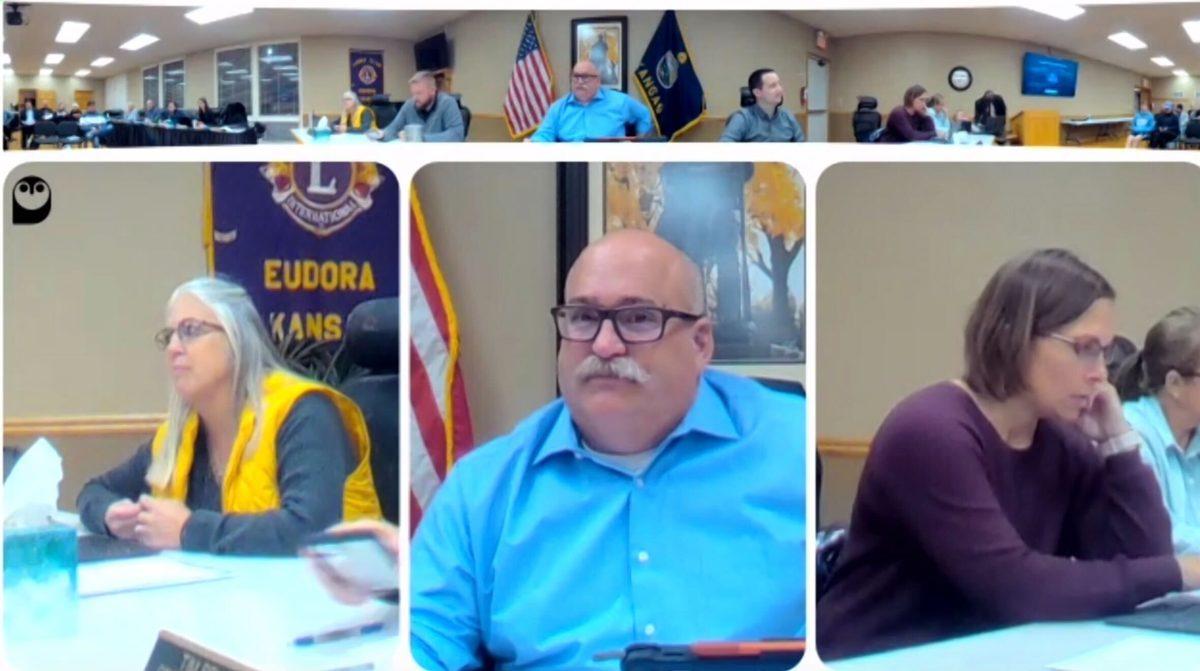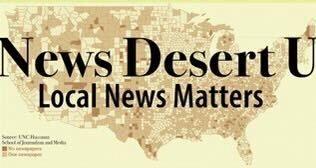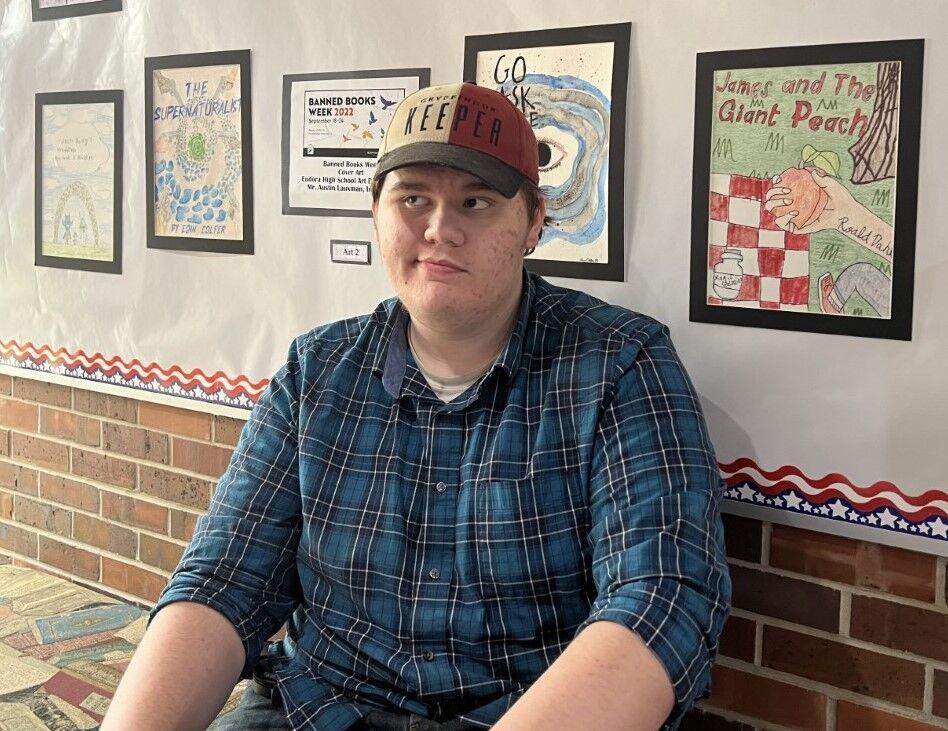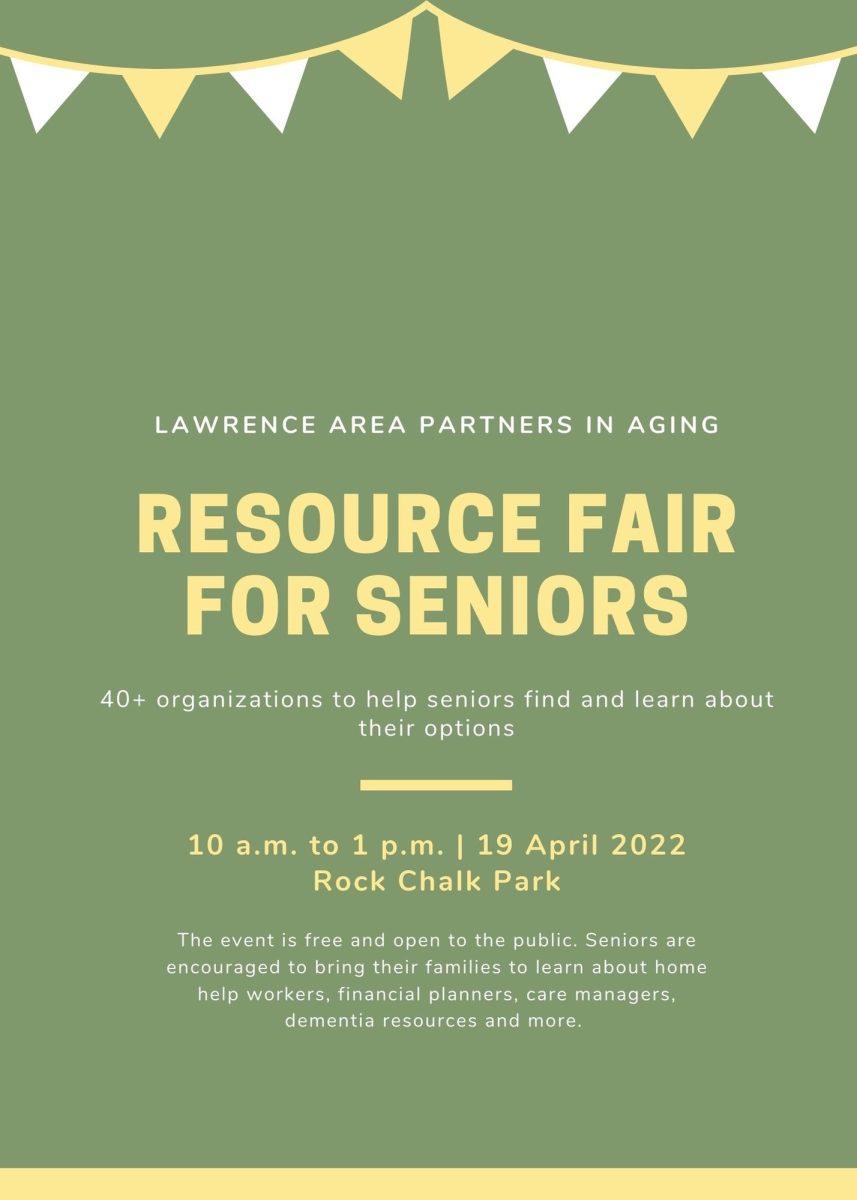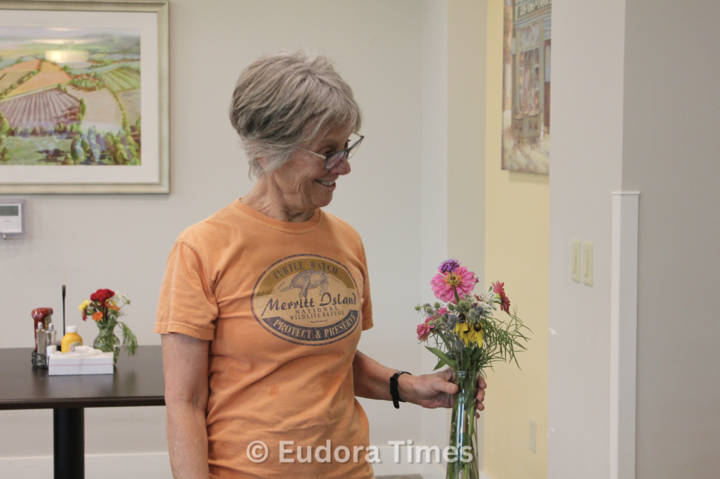This is the third story in a three-part series examining the second anniversary of the pandemic and its impact on some of the essential workers in Eudora.
Audrey Bell remembers the day a family had to peek in the windows of a nursing home since it was the only way they could see their loved one.
The managers of Warren-McElwain Mortuary said distance took a heavy toll on families who lost loved ones during the pandemic.
“With limited visitor access, we knew families who couldn’t get their belongings out of the nursing homes, like pictures, because no one was allowed in,” co-manager Lisa Manley said. “That was sad.”
Bell and Manley have been co-managers at Warren-McElwain since 2013. The funeral home in Eudora and Lawrence is an essential business that offers cremation, traditional funerals, graveside ceremonies, memorials and visitations.
“Our job isn’t always 9-5,” Bell said.
The initial shutdown in the beginning of 2020 dwindled total capacity at funerals to 10 people, prohibiting visitations. Services indoors included the minister, funeral director, select family members and a musician to abide by the 10-person restriction.
“People were crying so hard and their masks were just soaked in tears,” Bell said.
Outdoor graveside services were mask-mandated, but allowed for a larger audience with social distancing. With speakers and microphones, they were able to hold services where everyone could still hear and see from a distance.
But these essential workers’ duties don’t begin with the funeral planning.
Dressed in double N95 masks, plastic shields and sometimes dressing gowns and shoe coverings, the mortuary team entered houses, nursing homes and hospitals.
Manley said after hitting 100 deaths due to COVID-19 from all of their locations, they stopped keeping track.
In December 2020, around the time the second wave hit, Bell and Manley said they made frequent visits to nursing homes in the area when there were outbreaks. The time was difficult for nursing home employees as well.
“Honestly, we didn’t have time to grieve,” Medicalodges Eudora manager Mike Bosley said. “You had to take care of your people, and they are exactly like our families. We took care of our families the best way we knew how and when the dust settled, that’s when we had the chance to breathe and figure out what in the world happened.”
During funerals, Facebook Live captured many stories from the ministers, prayers, open caskets and burials for those far away. On rare occasions, there were lone burials.
In cases when families were unable to travel for a funeral or chose to be cautious of health, managers at Warren-McElwain would bring extra staff to the deceased’s burial. Bell said she would take a picture of the casket going into the ground to share with the family members who’d coordinated the burial.
“Otherwise, there was no one else there to witness it,” Bell said.
Manley said in a typical year, they see three to five suicides. But in the spring of 2021, one year into the pandemic, there were 10 suicides within 30 days, mostly under the age of 30, in the area that they serve.
One of many ministers Warren-McElwain works with is Charlton Walker, a Eudora resident for 13 years and involved with the mortuary for 11. Walker works both with families who are denominational and those with no affiliation to a church.
He ministered many COVID-19 deaths and 10 suicide funerals in the greater areas of Eudora Lawrence and Topeka. In a time of unpredictability, financial instability and ever-changing information, Walker shared his essence of hope with families.
“I always say love like you’re dying,” Walker said. “If you love like you’re dying every single day, then the things that are out of your control, leave those up to the Lord, let him take care of the things that you can’t.”
The mortuary has its own crematorium, meaning staff were available to operate all functions and prevent families from waiting for their loved ones’ ashes. The shipping for urns and caskets did slow, Bell said. However, the mortuary always kept a few caskets on-site in case a family was unable to purchase or find one.
With time, the restrictions changed and the funeral capacity limit expanded to 50 people. Visitations were incorporated as eight-hour long events as opposed to the usual two hours, to space out more friends and family, keeping the days long and busy.
Many families postponed their funeral service to spring in hopes of regulations letting up. Bell and Manley said the funeral plans stacked up to a stressful number, packing their weeks with plans.
Funeral guestbooks returned, taking on the duty of contact tracing. Services continued to be held in churches at a distance and outside in masks.
“We had a service where the minister wouldn’t come, and we set the computer up at the cemetery and he was there on the screen talking to everyone,” Manley said. “It was the strangest thing I’ve seen, but it worked and they were happy with the service.”
The Federal Emergency Management Agency offers funeral assistance to individuals who lost loved ones due to COVID-19 and paid for a funeral during the pandemic. With the submission of an application, they will pay up to $9,000 per family to cover expenses for the gravestone, ceremonies and burials.
Workers at the mortuary considered themselves lucky to maintain a job and routine amidst the COVID-19 shutdown.
“So many people weren’t able to leave their homes, and we were coming to work every day,” Bell said.
Bell has two little kids whose schools were shut down, forcing her and others nationwide to seek an alternative care option. Manley’s son was a senior in high school at the time and was saddened by all that they missed out on in that year.
Walker said the pandemic has been a time when everything feels out of control.
“So, get your heart right,” he said. “We aren’t promised tomorrow.”
NOTE: If you or someone you know is in crisis, contact the Suicide Prevention Lifeline at 1-800-273-TALK (8255), or dial 911 in case of emergency.
Reach reporter Daisy Bolin at [email protected].
